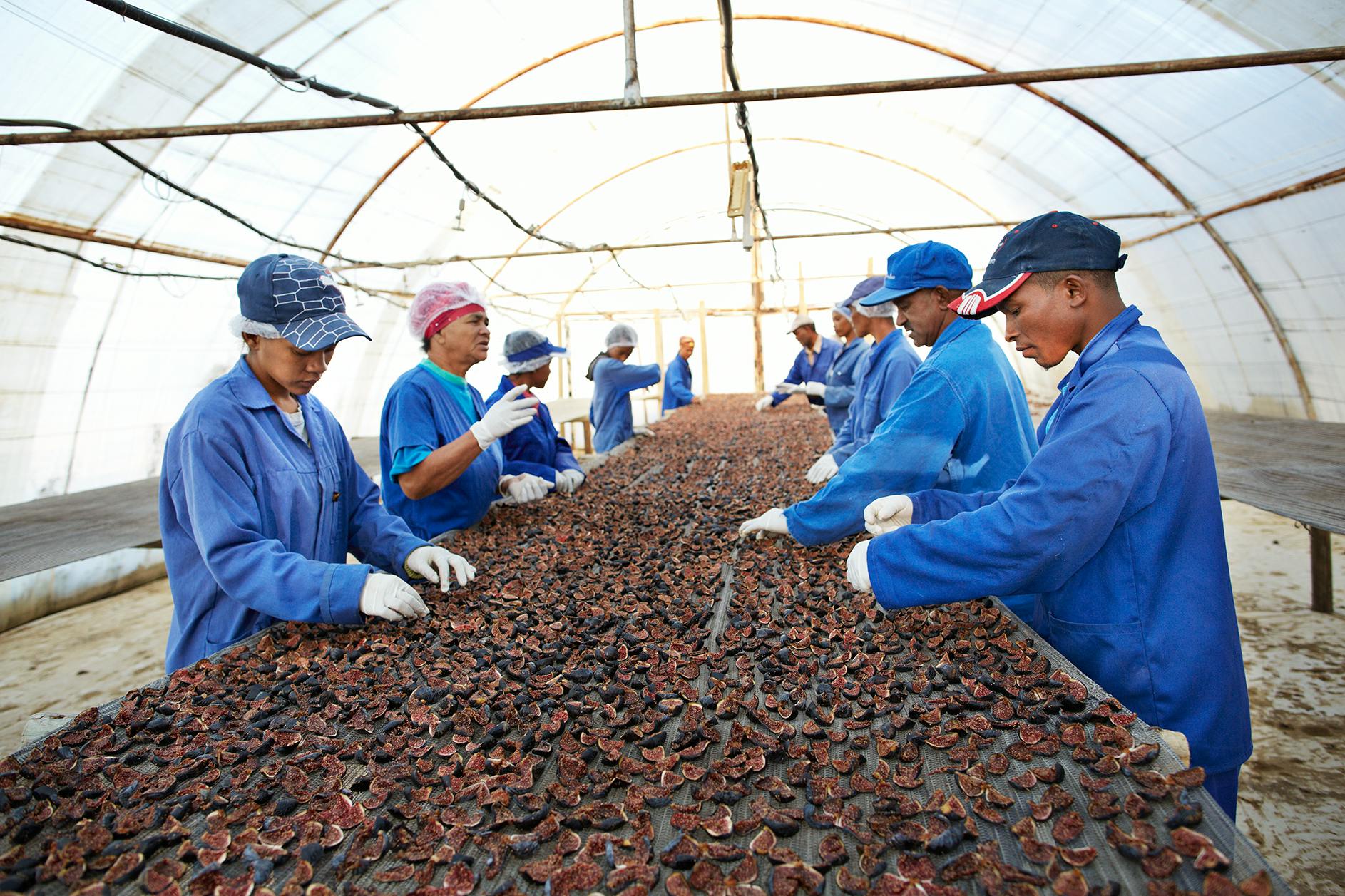ACCORDING TO RECENT ESTIMATES by the Food and Agriculture Organization of the United Nations (FAO), about 233 million people in sub-Saharan Africa are hungry and undernourished. In the spirit of finding new ways to combat this problem, eight teams of young coders met in August in Kigali, Rwanda, pitching sustainable agritech solutions in the first Africa-wide hackathon, which was organized by the FAO.
“We believe that if the technology is good and farmers can see the benefits, they will adopt it,” Ndayisaba Wilson from Rwanda told Reuters. His team pitched a $400 solar-powered device that can help optimize water and fertilizer use, reducing costs and ultimately paying for itself over time. Other proposed ideas included a “matchmaking” app to connect would-be farmers with landowners in Senegal, and a Benin-based solution for optimizing the harvesting and post-harvest operations of rice paddies, while also improving visibility into the product’s supply chain.
All of the proposal are meant to help serious issues present in the local farming communities—severe and unpredictable weather, low agricultural productivity, and a lack of steady income for farmers.
Mwila Kangwa, CEO of this year’s hackathon winner, AgriPredict, says his project idea arose from two disasters. In 2016, Zambian crops were severely affected by two pests at almost the same time: the tomato leafminer (Tuta absoluta) and the fall armyworm. A lot of farmers lost their entire harvest for the year, suffering significant financial losses. Kangwa gathered a team to help develop a possible solution using AgriPredict, an online platform and mobile app that uses artificial intelligence and machine learning to warn of possible upcoming environmental problems (like drought or storms), while also helping identify the diseases and pests that are already attacking crops.
AgriPredict’s app has been beta tested with some 22,000 users in Zambia, and the feedback was overwhelmingly positive. As the hackathon winner, Kangwa’s team will visit FAO headquarters in Rome later this year to talk about their approach and receive further technical mentorship on how to improve their service.










